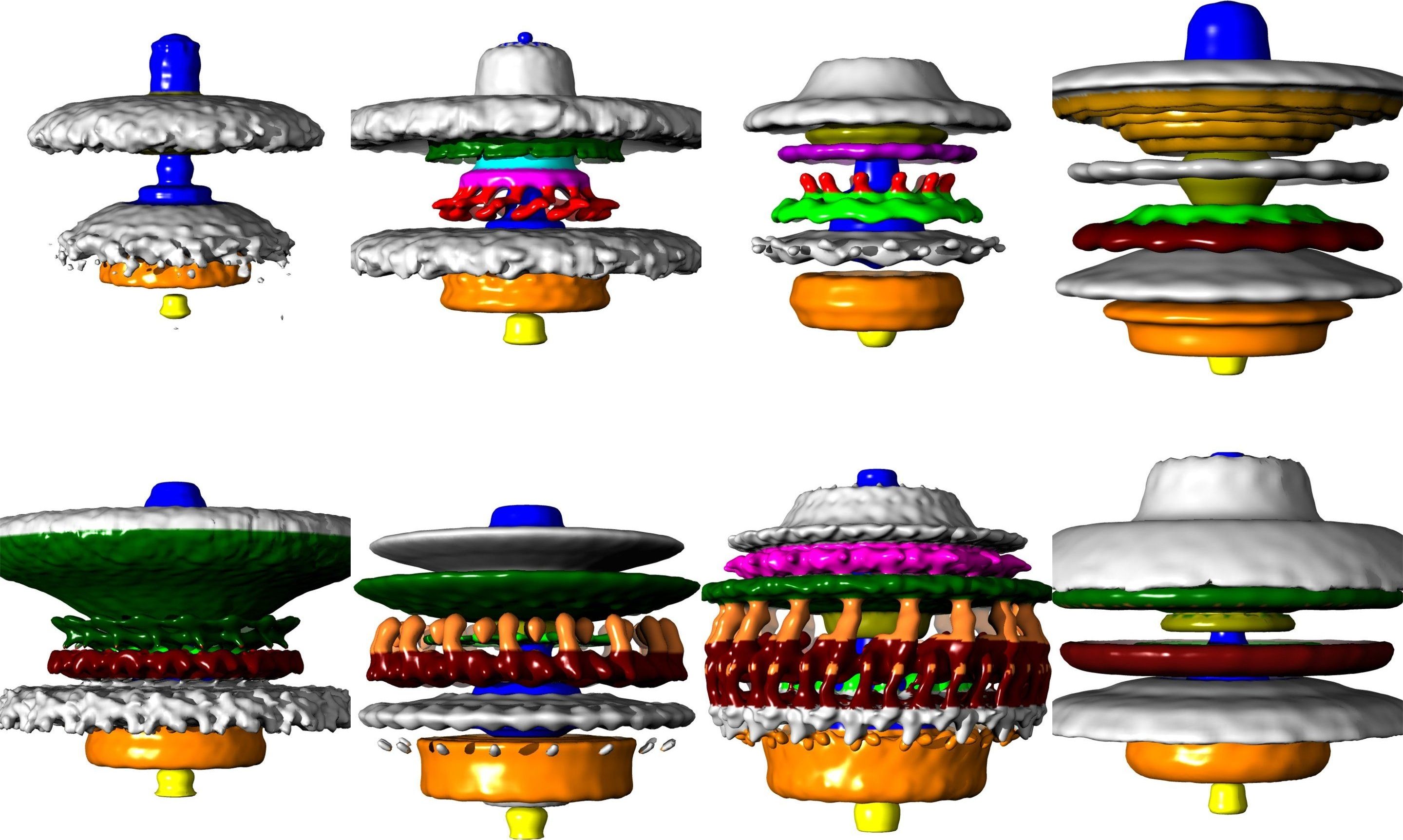Using detailed 3D images, researchers have shown how bacteria have evolved molecular motors of different powers to optimize their swimming.
The discovery, by a team from Imperial College London, provides insights into evolution at the molecular scale.
Bacteria use molecular motors just tens of nanometres wide to spin a tail (or ‘flagellum’) that pushes them through their habitat. Like human-made motors, the structure of these nanoscale machines determines their power and the bacteria’s swimming ability.
Read more










Comments are closed.